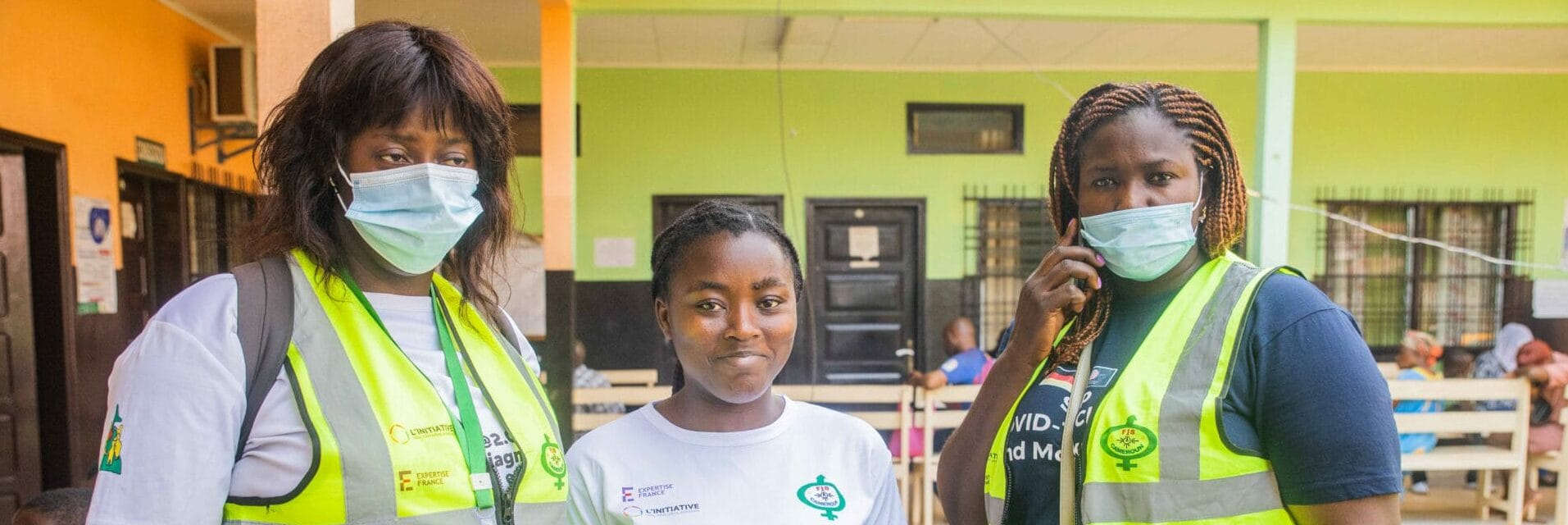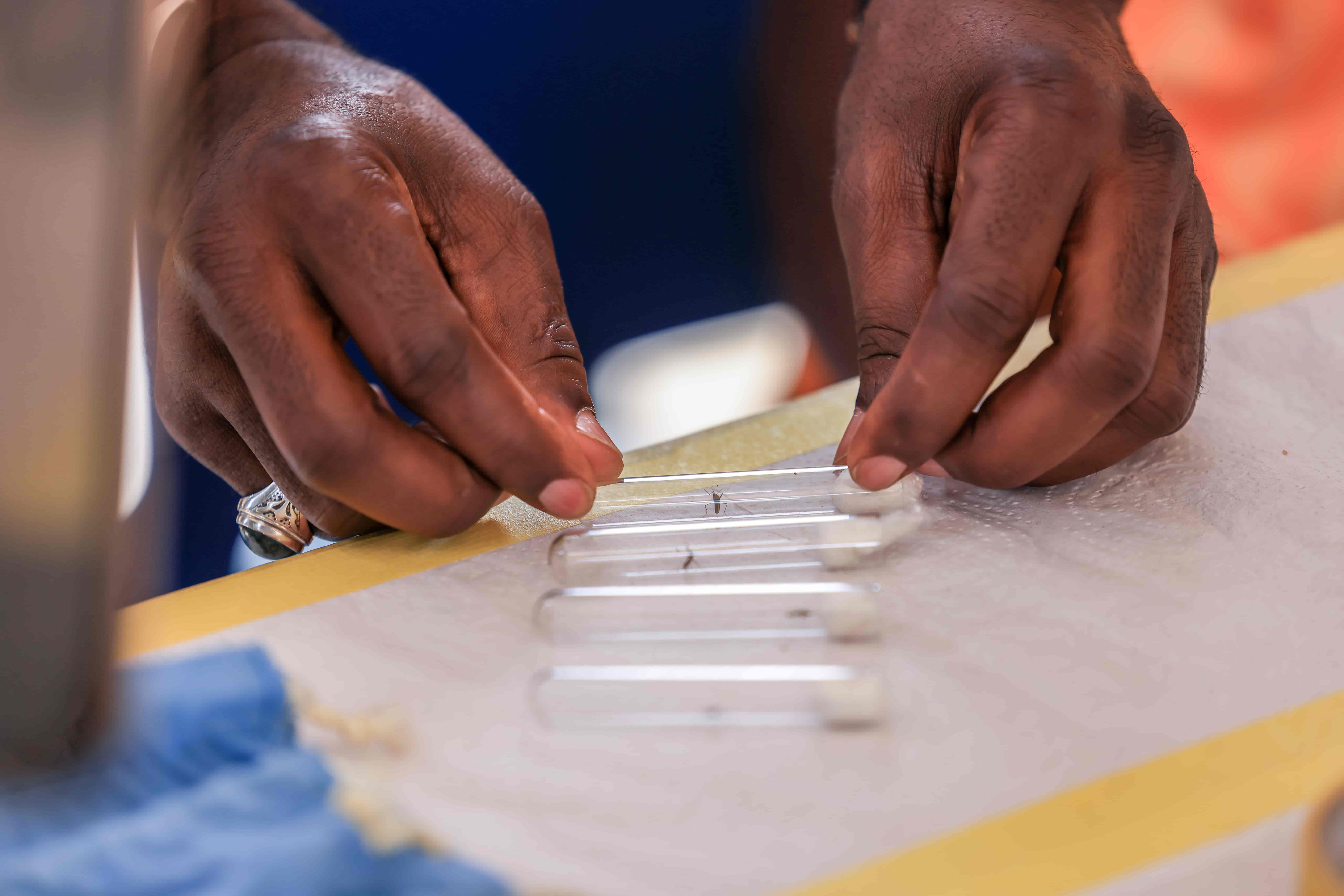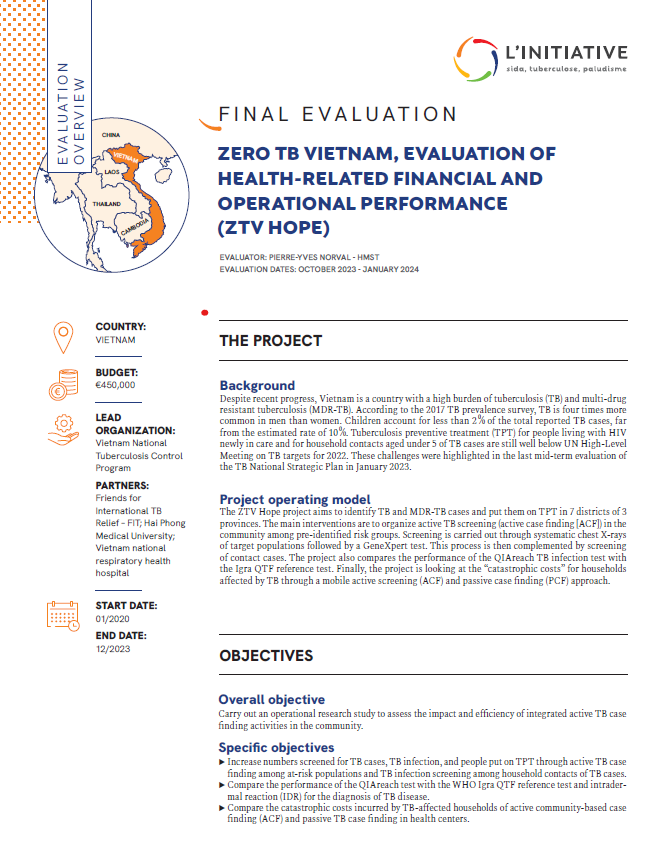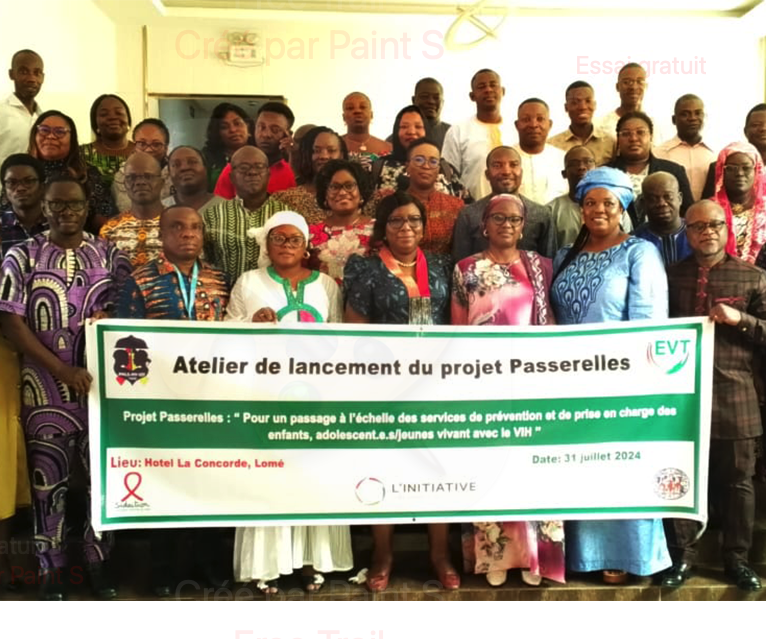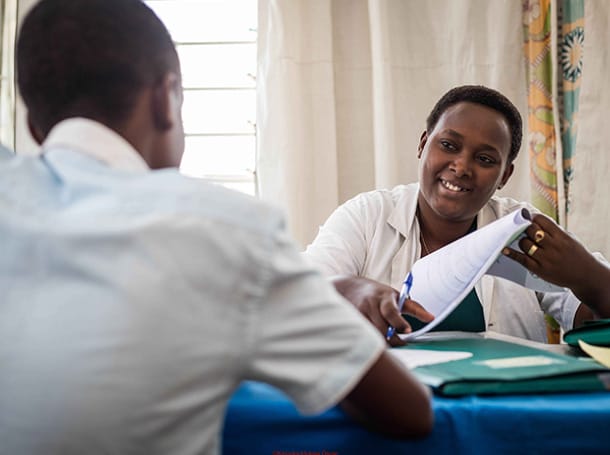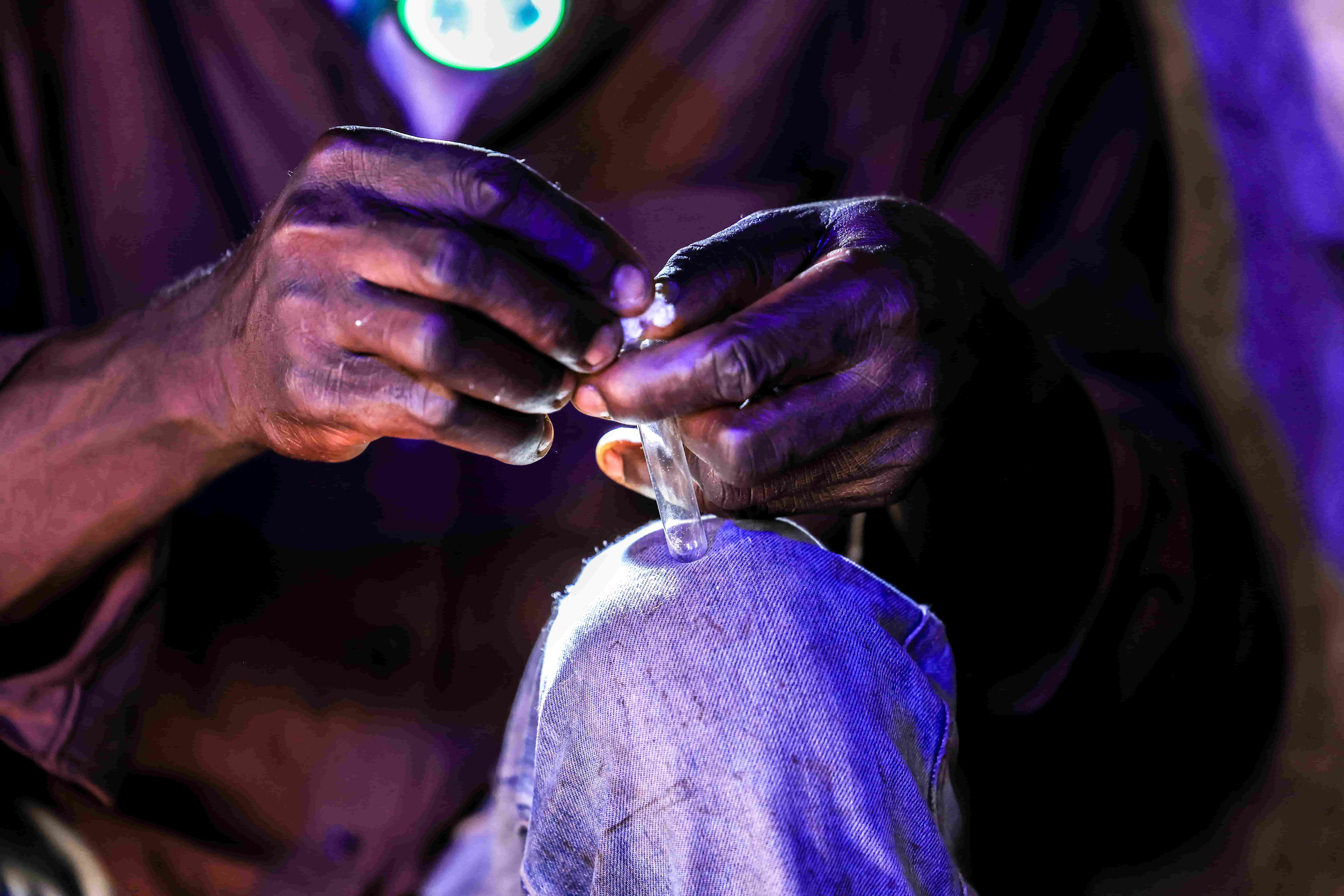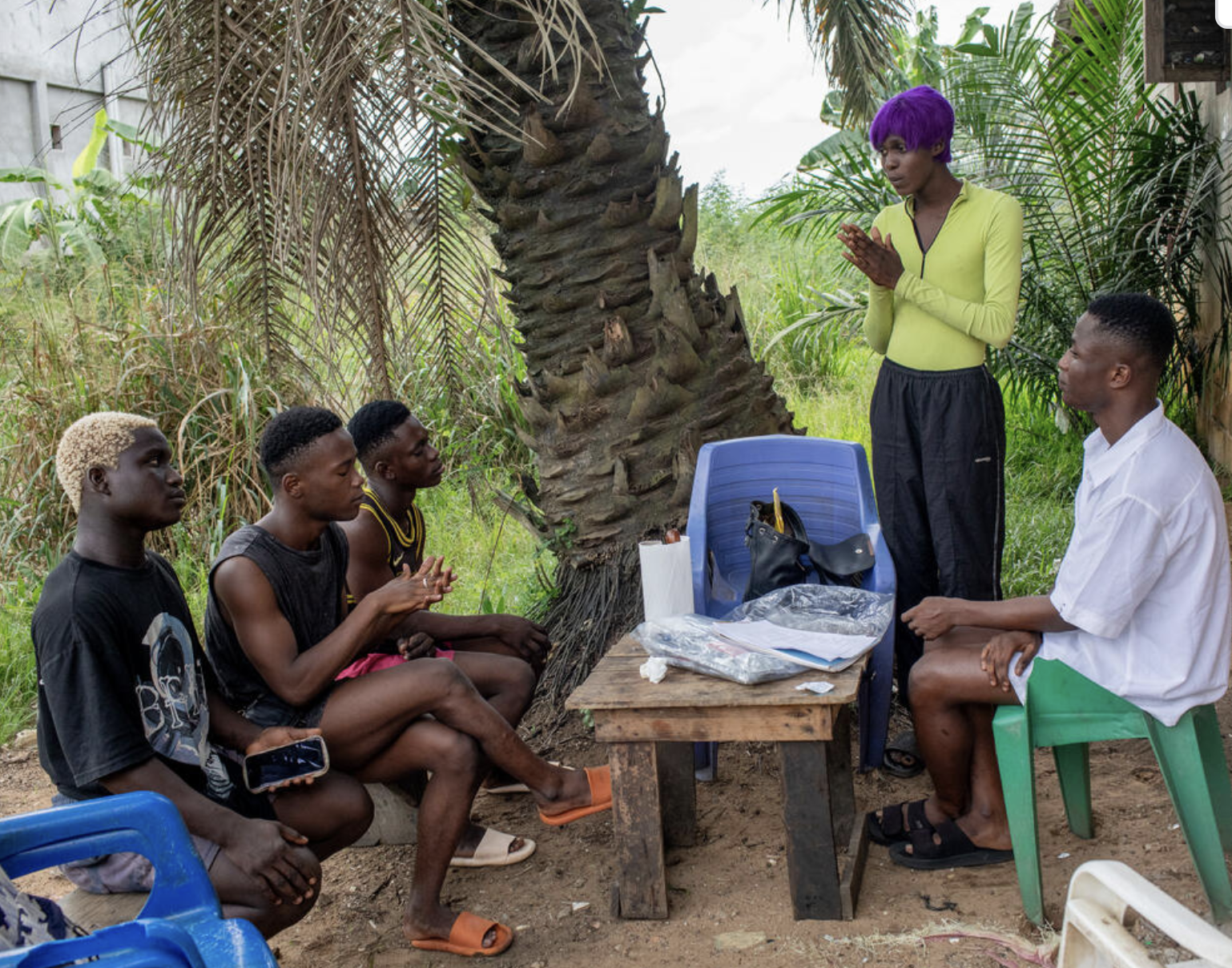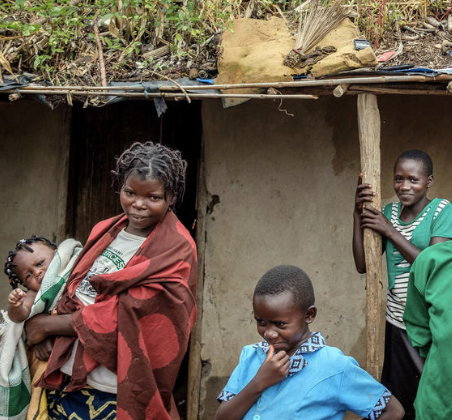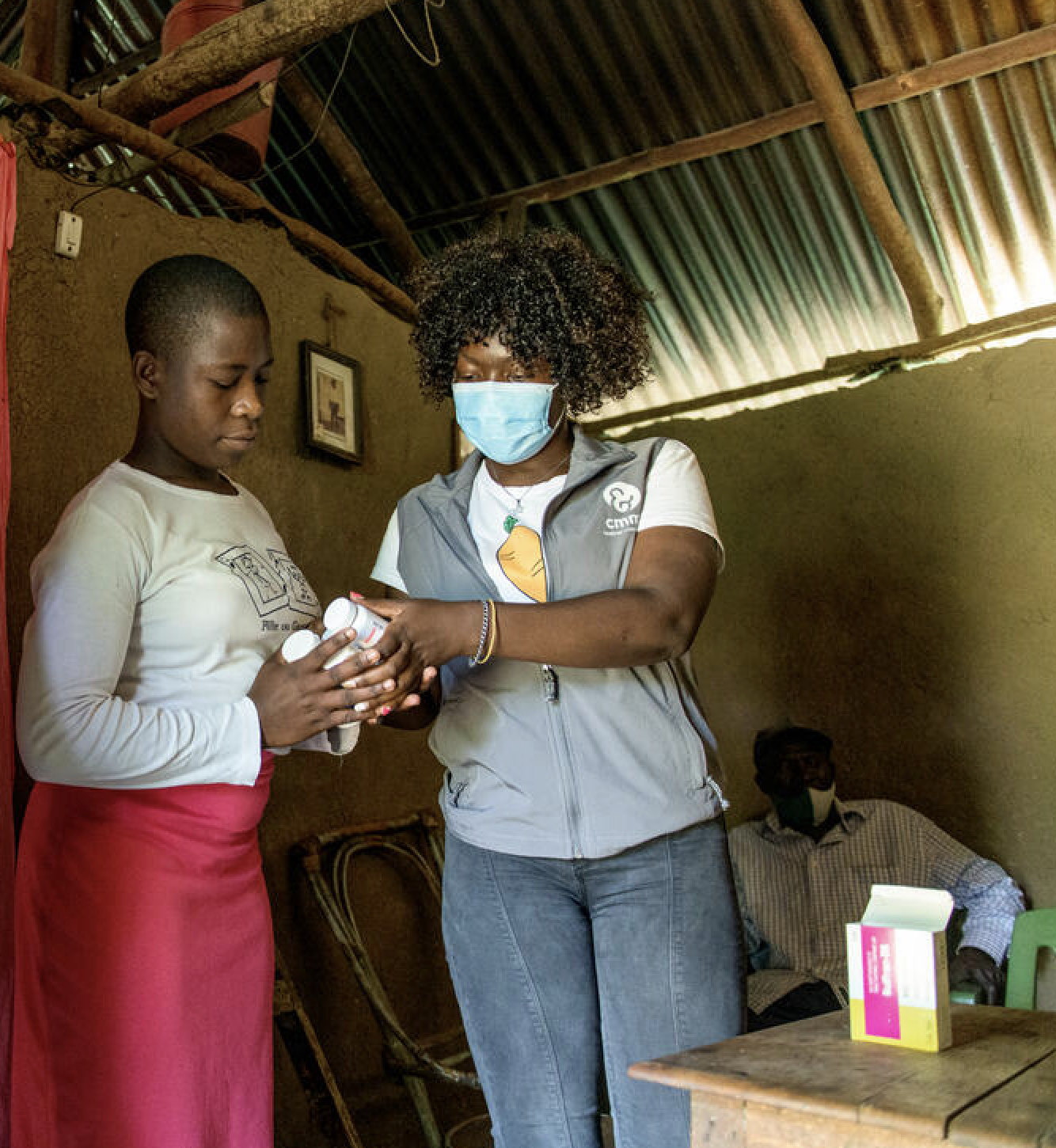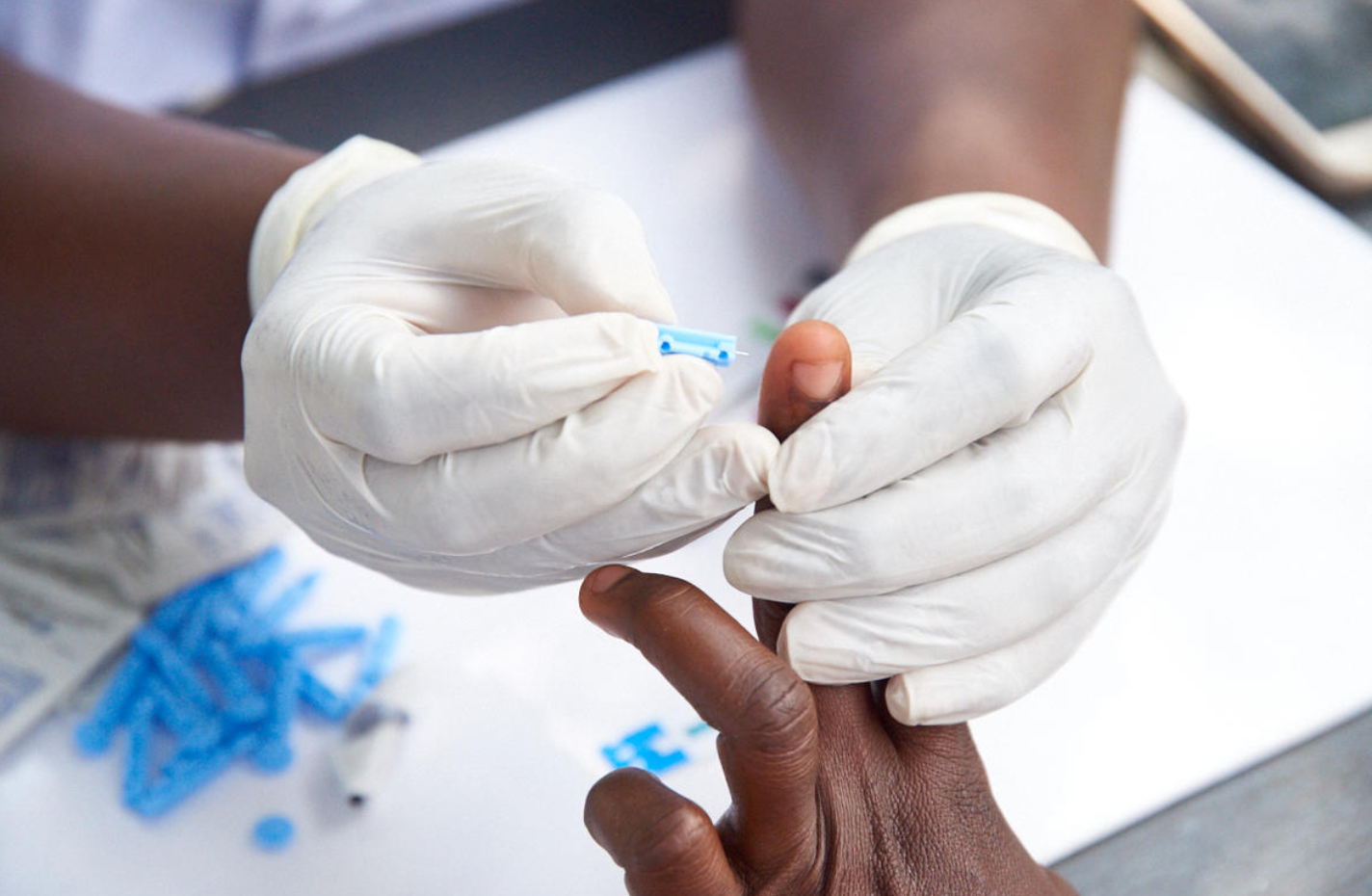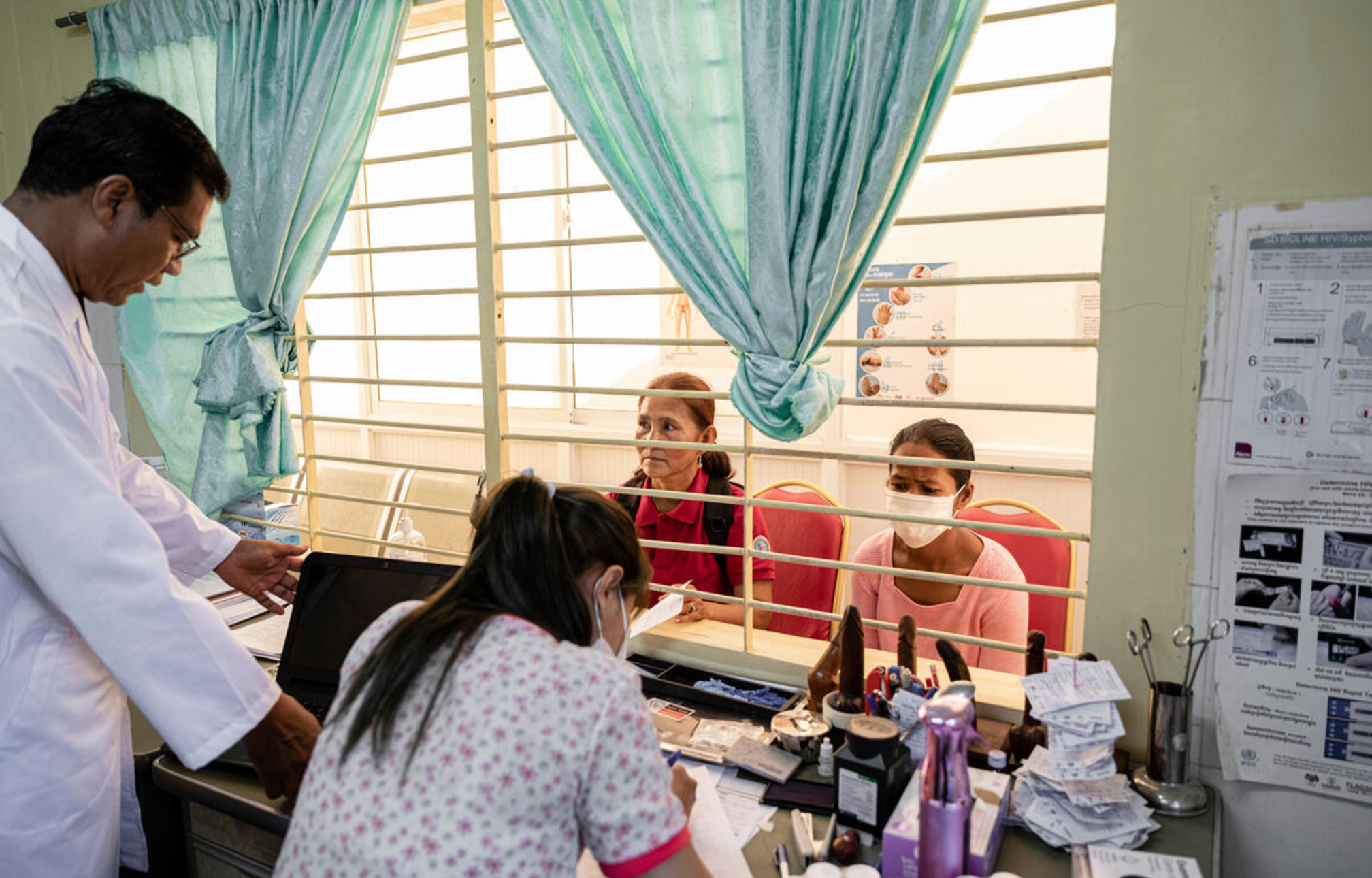The Representation, Inclusion, Sustainability and Equity (RISE) study supports the case for strengthening the functioning of Country Coordinating Mechanisms (CCMs) and improving community engagement, in the Global Fund partnership. Serge Douomong Yotta, Director of Advocacy at Coalition PLUS and co-author of the RISE study, looks back on it, and the support from L’Initiative that made it possible.

Serge Douomong Yotta
Advocacy Director at Coalition Plus, author of the RISE Study.
Why did you produce this RISE study?
Before discussing this RISE study, we need to go back to its genesis: feedback from the field and our exchanges with international activists pointed to dysfunctions within CCMs and a lack of community representation, especially among key populations.
Yet CCMs play an essential role in the Global Fund partnership. Far from being mere administrative structures, in many countries they are often the only democratic framework in health matters, and represent a vital avenue for empowering communities and ensuring a truly participatory approach to the management of public health issues. We must continue to support and strengthen these spaces, as they enable us to highlight the health needs of key populations. They also open up dialogue with government bodies and the Global Fund.
Within CCMs, the engagement of communities must be supported: while they are initially involved, notably during dialogues with the Global Fund, their influence declines as the process moves on, when the more concrete budgetary and final validation phases take place. And yet, to guarantee the implementation of effective and inclusive public health policies in the field, communities must be mobilized and actively involved at every stage.
It was these findings that we wanted to back up with evidence, obtained through a rigorous scientific approach, to give credibility to the testimonies of community players and catalyze profound change within CCMs. We therefore undertook this RISE study. It is an independent community-based research project, led by a 13-member steering committee from 11 countries. We collected data in more than 80 countries for over a year.
How was the partnership with L’Initiative organized in the making of this RISE study?
Right from the inaugural meeting in Casablanca in early 2023, we faced financial challenges: we didn’t want to be dependent on direct funding from the Global Fund to avoid any outside influence in our approach. So we turned to L’Initiative for support. It was an obvious choice: L’Initiative is already deeply involved in strengthening community engagement within CCMs. It funds projects dedicated to this subject, such as the RIPOSTE program in Burkina Faso, Mauritius and Burundi, to improve the participation of representatives of key populations.
How did the partnership work out then?
L’Initiative supported us from October 2023. We validated the research protocols and prepared the analysis of the results. We then collected data until December 2023, when we organized a symposium to present the results at the 22nd International Conference on AIDS and Sexually Transmitted Infections in Africa (ICASA) in Zimbabwe. Backed by evidence-based data, we were able to demonstrate that CCMs are essential spaces for community participation, in partnership with the Global Fund.
Following these initial results, we realized that the scope of the RISE study deserved greater visibility. We therefore submitted a second request to L’Initiative, asking for additional funds to disseminate our findings and produce didactic infographics. The study was translated into five languages. We organized an event in Geneva on April 22, in parallel with the 51st Board meeting of the Global Fund, bringing together Global Fund decision-makers, representatives of governments, the private sector and civil society actors, to present the results in detail.
These actions have been made possible thanks to the ongoing support of L’Initiative. It has played an essential role in our ability to disseminate our results and mobilize the necessary attention around the issues identified by the study.
What recommendations can be drawn from the results of the RISE study?
Our recommendations include setting up a mentoring system for community players joining CCMs, so that they can benefit from mentoring and acquire the necessary skills. We also propose building their capacities in complex processes such as budgeting and monitoring-evaluation. We envisage the creation of a space where all CCM members can exchange information and prepare themselves at all levels: we need to take into account the risks, including psychological ones, when actors speak on behalf of their community in their country. It is essential to adapt our approaches so that representatives of key populations feel safe and able to speak out in these political environments. We need to ensure that community voices are heard everywhere, even in countries where legal restrictions are strong.
In this way, we are seeking to establish links between the CCMs of Chad and Cameroon, despite the challenges specific to these two countries, such as the condemnation of homosexuality in Cameroon. Therein lies the beauty of our initiative: turning challenges into opportunities to improve public health and the inclusion of key populations.
What are the next steps?
We are planning a workshop in Maputo, Mozambique, to present the results in various languages, and anticipate significant participation from Mozambican activists. We are also organizing a webinar in September to discuss how these recommendations can be implemented by stakeholders (including the Global Fund) to cover as many countries as possible. We are also looking for financial partners to expand this initiative. We are also discussing with L’Initiative how it can operationalize these recommendations in its missions or calls for projects, with a view to increasing community engagement. We are drawing up a project along these lines, and will be requesting a budget of 3.5 million euros over three years.
